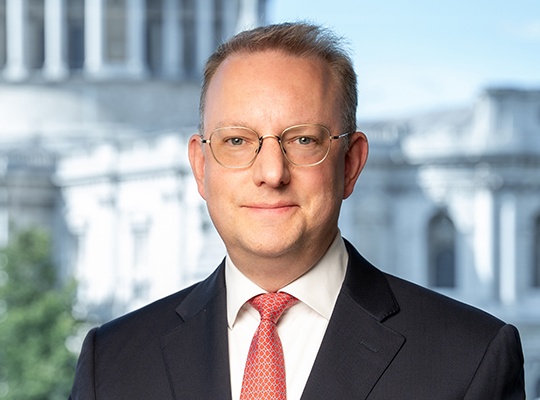Distribution of Private Equity Funds in Europe after AIFMD
With the AIFMD now effective, the attention of U.S. private equity sponsors has turned to capital raising in Europe under the new regime. The key impact of the AIFMD for U.S. sponsors is the prohibition on the active marketing of alternative investment funds (AIFs) to investors in the European Economic Area (EEA), without some form of registration and ongoing compliance requirements.
An AIF is defined broadly to include most kinds of pooled investment vehicles — other than UCITS1 funds — that raise capital from investors. Subject to very limited exemptions, this will catch most private funds (including hedge, private equity and real estate funds), but it will also catch a wide range of other types of funds, including U.S.-registered mutual funds.
The tradeoff for this new regulation is the so called marketing “passport”, whereby a fund can be registered once and then marketed throughout the EEA (broadly speaking) to "professional investors" as defined by applicable law. It is well known that U.S. private equity sponsors cannot directly benefit from this passport, at least not initially. But, in fact, any U.S. private equity sponsor that wishes to avail of the passport can do so right away – as long as it is prepared to establish an EEA fund and EEA alternative investment fund manager (AIFM). Outsourcing providers can deliver the required AIFM infrastructure on a relatively “turnkey” basis.
That said, many U.S. private equity sponsors would prefer not to commit to such a step just yet. This leaves two options.
The first option involves accepting European investors only on a passive – or “reverse solicitation” – basis. A genuine reverse solicitation sale falls entirely outside the new AIFMD regime. In general terms, in order to qualify, the relevant offer or placement must be at the investor’s initiative rather than that of the sponsor or any agent of the sponsor – reverse solicitation is not about the sponsor actively finding investors, it is about allowing investors to access the sponsor.
Firms that adhere to this fundamental principle – and can back it up with evidence – should find they can still accept investment from EEA investors, unaffected by the AIFMD. However, the concept of reverse solicitation is approached differently by different regulators and other market participants – therefore, advice on its scope should be taken before relying on it in any particular country2. Private equity sponsors seeking to rely on this principle should review their understanding of the process and related sales procedures and maintain a robust compliance protocol that can also provide the appropriate backup should the sale be queried by a regulator or, potentially, an investor seeking its subscription money back on grounds of a non-compliant sale. These difficulties frequently mean that reverse solicitation is not an entirely viable marketing strategy.
For private equity sponsors seeking to target European investors more actively, new private placement regimes have been adopted by most (but not all) EEA countries, which offer a more robust and certain alternative. In general, these regimes permit registered marketing to professional investors. The nature of private placement permitted in any given EEA Member State is a matter for the national law of that Member State. While certain countries (such as the UK) have implemented relatively “light touch” regimes, others (such as Germany) have imposed additional requirements that make the registration process more time consuming and complicated – although perfectly achievable for most funds.
The registration process itself is, however, only part of the story. U.S. private equity sponsors registering for private placement in EEA countries need to familiarize themselves with the extensive disclosure and reporting requirements that such registration will entail, as well as any restrictions on conduct that will be triggered (such as the restrictions on asset stripping and additional reporting requirements aimed at private equity and other managers taking controlling positions in portfolio companies). Fund documents need to be bought into compliance with the local requirements and regulatory reporting procedures must be put in place. Sponsors should ensure they are comfortable with these requirements and the inevitable time and cost commitment.
It should be borne in mind that geographic Europe involves 32 jurisdictions within the EEA and several more outside it. With requirements differing across the map, careful planning and good advice are important when planning a distribution strategy.
Footnotes
1) An "undertaking for collective investment in transferable securities" (UCITS) is a European authorized fund, similar to a U.S. mutual fund, that can be sold to any investor within the European Union under a harmonized regulatory regime.
2) Information is available on Dechert’s World Compass service.


